Showing results 421-430 of 507 for cast
Search results
-
Institute

Thursday, April 23 – Friday, April 24, 2020
Bring your UDL implementation to the next level in this virtual learning opportunity, April 23–24, 2020.
-
Webinar
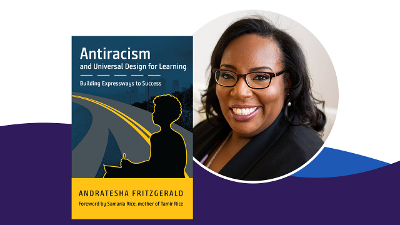
12:00PM – 1:00PM ET on Friday, October 16, 2020
Join CAST author Andratesha Fritzgerald with host Allison Posey as they discuss Fritzgerald's new book, Antiracism and Universal Design for Learning: Building Expressways to Success.
-
Webinar
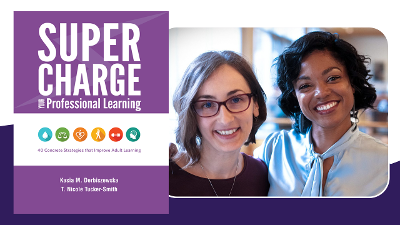
3:00PM – 4:00PM ET on Thursday, November 12, 2020
Join Nicole Tucker-Smith and Kasia Derbiszewska to explore ways of designing effective professional development and removing barriers to adult learning in high-stress times.
-
Summit
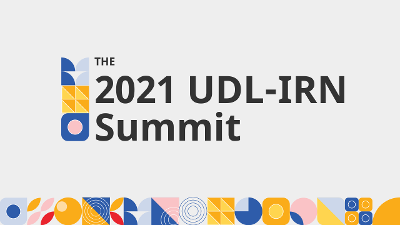
Tuesday, April 13 – Wednesday, April 14, 2021
Interact, engage, and become inspired with professionals from across education at the 8th annual UDL-IRN International Summit on demand.
-
Webinar
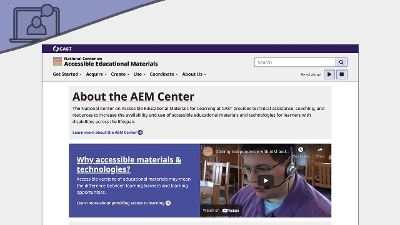
2:00PM – 3:00PM ET on Tuesday, May 18, 2021
Let the AEM Center's technical assistance team introduce you to our new website.
-
Webinar
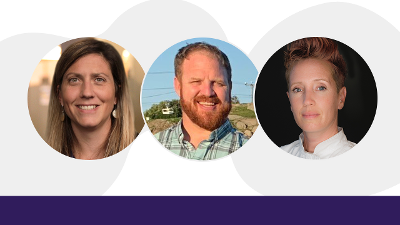
4:30PM – 5:30PM ET on Tuesday, September 14, 2021
Kick off the school year with three experienced CTE educators and UDL practitioners to learn about the impact UDL has had on their planning and their students.
-
Presentation
2:15PM – 3:30PM EST on Thursday, January 27, 2022
Learn to create EPUBs from Google or Word files to improve readability and usability for everyone!
-
Presentation
8:00AM – 9:00AM EST on Saturday, January 29, 2022
Experience Clusive, a free accessible, adaptive UDL learning tool promoting learner agency for all.
-
Webinar
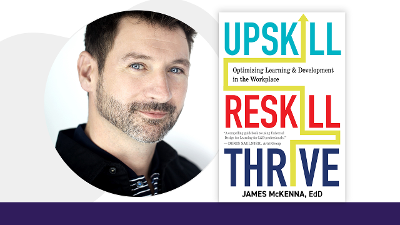
3:00PM – 4:00PM ET on Tuesday, June 20, 2023
In this webinar, you’ll learn how Universal Design for Learning can be applied across industries to optimize productive, meaningful work from James McKenna, author of Upskill, Reskill, Thrive.
-
PreK–12: Instructor-Led Course
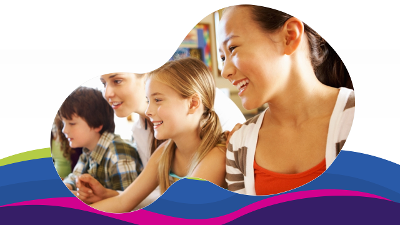
Monday, September 11 – Monday, December 11, 2023
In this introductory online course for preK–12 educators, participants learn the research basis for UDL, practical applications of UDL to lesson design, and helpful technology tools that support flexible, inclusive instruction.
